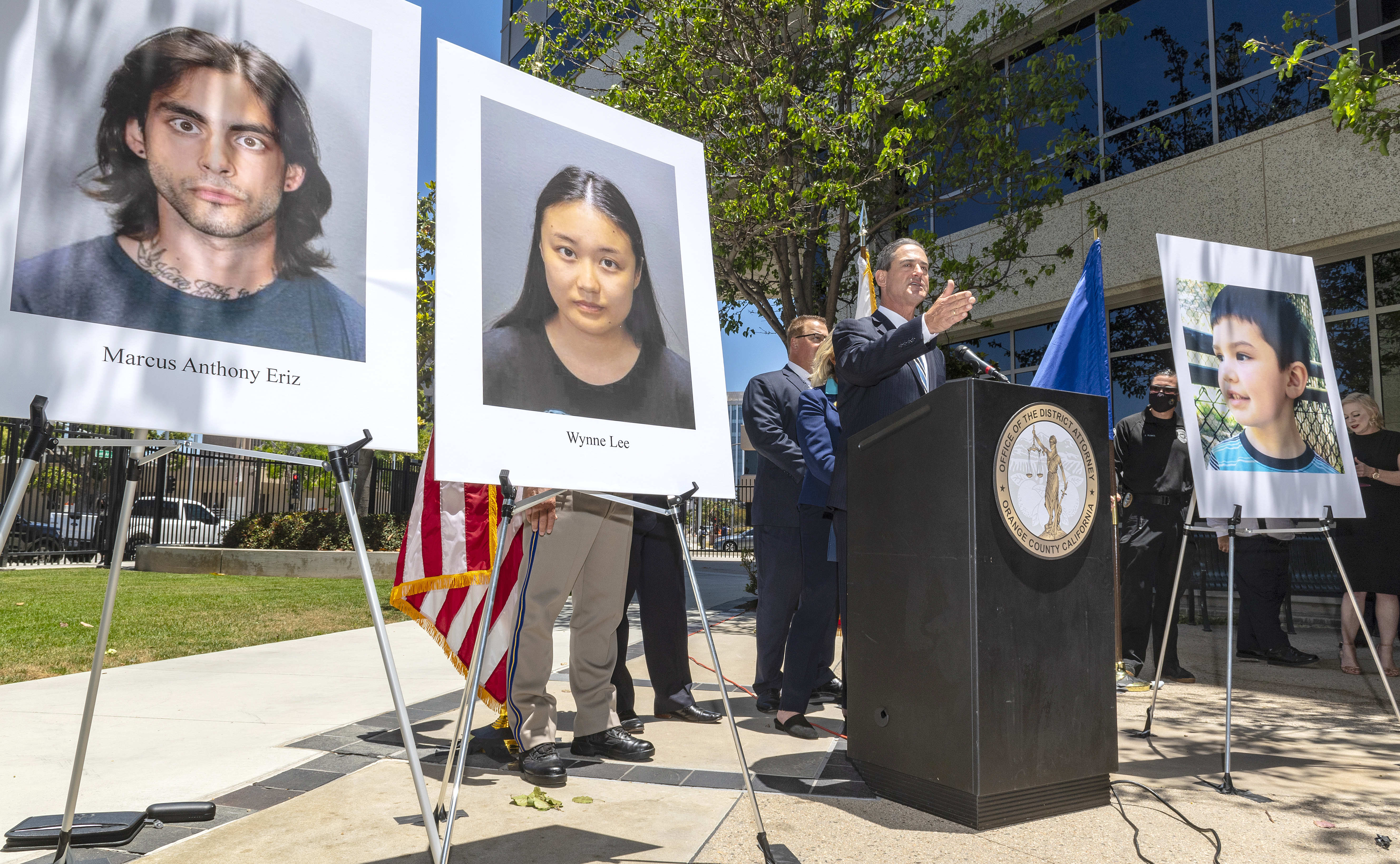Many jobs require long hours. But entertainment industry insiders claim that the grueling shifts demanded on Southern California production sets are putting their lives – and those of other Southern Californians -- at risk.
The threat, they tell the I-Team, occurs after a shoot ends, when exhausted crewmembers climb behind the wheel for what can be a long drive home from the set.
Several film and television set crewmembers shared their concerns with the I-Team, some asking that their identities be concealed, for risk of professional backlash.
“I’ve fallen asleep at stop lights,” said Elizabeth Rosenbaum, who has worked on film sets for the past 15 years. “Just getting home is part of the job and sometimes that feels like the biggest feat.”
“Just the fatigue, the cumulative fatigue and abusive hours are unreal in the film industry,” said another crew member, who asked that his identity be concealed for fear of professional backlash. “That’s a huge safety issue in my opinion.”
“I saw a red light ahead of me, I assumed I was going to stop and then next thing I knew, I was in the intersection,” recalls one crewmember who crashed his car after working a 17-hour shift. He suffered two herniated disks, two compressed disks and a torn rotator cuff in the crash.
“The end result was significantly better than it could’ve been. Working longer hours and shorter schedules is killing people,” he told the I-Team.
News
Top news of the day
Just three days later, the crewmember returned to the set for another 17 hour shift.
In some cases, drowsy driving accidents appears to have proven fatal.
In 2014, set driver Gary Joe Tuck was killed after falling asleep behind the wheel after working an 18 hour shift on the set of the tv show “Longmire.” In 1997, camera assistant Brent Hershman was killed on his way home after a 19-hour day on the set of the movie “Pleasantville.”
Crewmembers blame Hollywood’s demand for long hours on the bottom line: while long days can mean a production company will have to pay a lot of overtime, it’s often much less than what an extra day of shooting would cost.
According to data from the California Highway Patrol, accidents from drowsy driving have risen nearly 30 percent over 3 years. Deaths are up 60 percent.
Some of the entertainment professionals told the I-Team they’ve asked their unions to help push for more reasonable hours. NBC4 reached out the International Alliance of Theatrical Stage Employees, or IATSE, which represents the majority of film and television crewmembers, but our repeated requests to talk about the issue were declined. We also reached out to production companies and major studios to hear their thoughts, but nobody would comment.
Crews say this is different from working any other job because it’s the industry norm to work long hours for weeks, sometimes months at a time.



